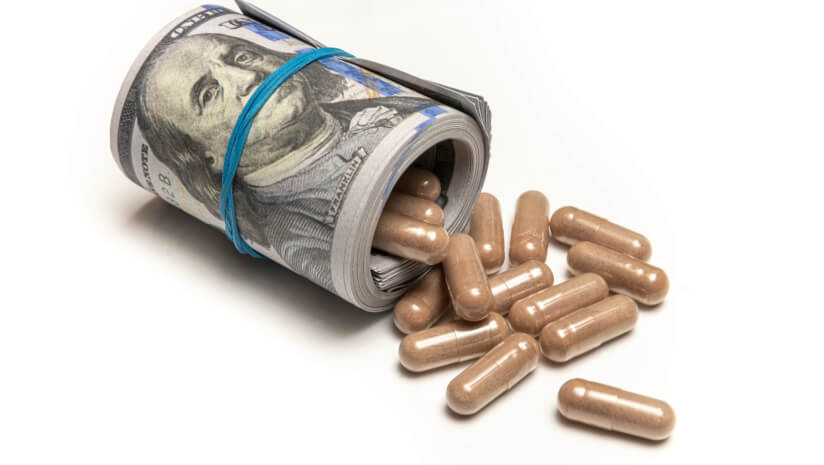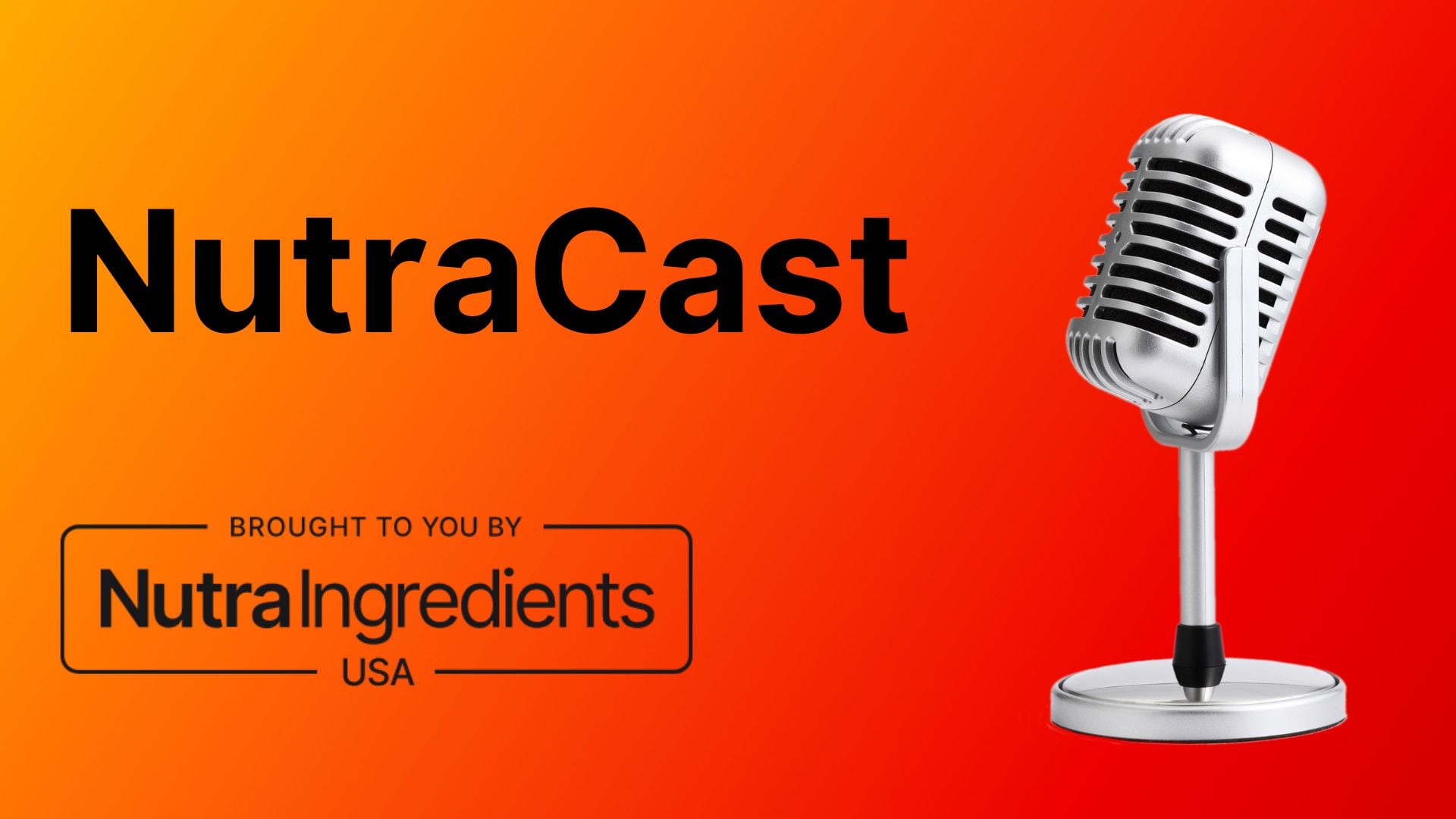“Ninety five percent of Americans don’t get enough fiber in their diet,” Dr. Zack Abbott, co-founder and CEO of ZBiotics, told NutraIngredients at the recent Probiota Americas in Vancouver. “That number, to me, is staggering: Almost, literally, almost everybody doesn’t get enough fiber.”
To address this problem, ZBiotics engineered a probiotic bacteria called Bacillus subtilis and genetically modified it to produce levansucrase, an enzyme that breaks down sucrose into glucose and fructose and then uses that fructose to build a rare fiber called levan.
“The idea here is that there’s an abundance of sugar in our diets, even if you’re eating a good diet: Sugar is in everything, it’s in carrots and bananas and all kinds of stuff,” Dr. Abbott said. “And we can take some of that sugar and just convert it into prebiotic fiber, directly in the gut and help close that [fiber] gap and feed the microbiome.”
ZBiotics
The company was founded in 2016 on the principle bacteria could be engineered to create products that were both specific and useful. At that time, there was not a single genetically engineered probiotic on the market.
The first product, marketed as Pre-Alcohol, contains Bacillus subtilis ZB183, a genetically-modified probiotic that breaks down an intermediate product in the metabolism of alcohol called acetaldehyde in the gut. In the liver, enzymes convert ethanol to acetaldehyde and then a second enzyme converts acetaldehyde to acetate. The liver is quite effective at this conversion, but there is also a microbiome component to this picture: Some of the alcohol we drink is metabolized in the gut, but the conversion of acetaldehyde to acetate is less efficient in the gut, hence the ZBiotics solution.
Zbiotics has always been very transparent about its use of genetic engineering to produce its probiotic products, and that approach remains unchanged for Sugar-to-Fiber, Dr. Abbott noted.
“Every bottle and box of Zbotics is labeled proudly GMO,” he said. “We want consumers to know. I think that’s a really important thing, and we also really try and communicate that we are using genetic engineering for their benefit, right? The engineering was done to create the function that they’re purchasing a product for. If you want sugar to be converted into fiber, that’s a unique benefit that doesn’t exist literally, in any other product on the market. And the way we were able to create that unique benefit is by using modern biotechnology, and we’re proud of that.”
What’s next?
With two commercial products available, Dr. Abbott says the company has its sights set on “building a whole category of genetically engineered probiotics”, noting that any biological function on the planet can be programmed into a bacteria.
“We’re really focused on everyday human health, and in particular, focusing on the modern problems that we have created for ourselves,” he said. “And we look at pollution and our air and our water, and we look at stress and sitting all day, and a lot of problems the modern human deals with that we didn’t really evolve to deal with. So now let’s use biology to build solutions to those problems.”
Watch the video for the full interview.



